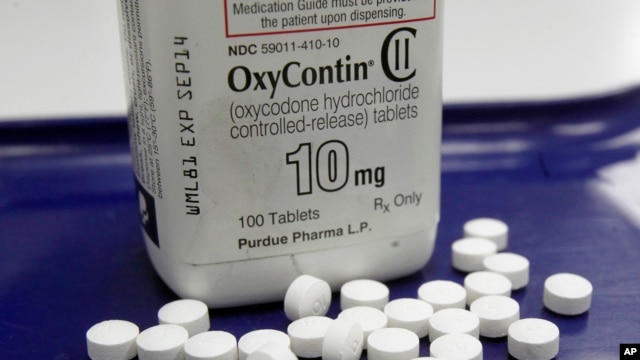Uncle Ferd always gets the backache whenever Granny tells him to take out the trash...

Gene find could lead to drug for chronic back pain
8 September 2011 - Lower back pain can be a chronic, lifelong condition for many people

Gene find could lead to drug for chronic back pain
8 September 2011 - Lower back pain can be a chronic, lifelong condition for many people
A gene responsible for chronic pain has been identified, with scientists saying this could lead to drugs for treating long-lasting back pain. Writing in the journal Science, University of Cambridge researchers removed the HCN2 gene from pain-sensitive nerves in mice. Deleting the gene stopped any chronic pain but did not affect acute pain. About one in seven people in the UK suffer from chronic pain, which can also include arthritis and headaches. The researchers say their findings open up the possibility that new drugs could be developed to block the protein produced by the HCN2 gene, which regulates chronic pain. The HCN2 gene, which is expressed in pain-sensitive nerve endings, has been known for several years, but its role in regulating pain was not understood.
For the study, the researchers removed the HCN2 gene from pain-sensitive nerves. They then carried out studies using electrical stimuli on these nerves in cell cultures to determine how they were altered by the removal of HCN2. They then studied genetically modified mice in which the HCN2 gene had been deleted. By measuring the speed that the mice withdrew from different types of painful stimuli, the scientists were able to conclude that deleting the HCN2 gene abolished neuropathic pain. However, they found that deleting HCN2 did not affect normal acute pain - which occurs suddenly, for example when biting one's tongue.
'No respite'
Chronic pain comes in two main varieties. Inflammatory pain occurs when a persistent injury, such as a burn or arthritis, results in very sensitive nerve endings which increase the sensation of pain. Neuropathic pain occurs when nerves are damaged, causing ongoing pain. This type of chronic pain, which is often lifelong, is surprisingly common and is poorly treated by current drugs, the study says. It is often seen in patients with diabetes and shingles, and in the aftermath of cancer chemotherapy. It is also common in lower back pain and other chronic painful conditions.
Professor Peter McNaughton, lead author of the study and head of the department of pharmacology at the University of Cambridge, said there was now hope for these people. "Individuals suffering from neuropathic pain often have little or no respite because of the lack of effective medications. Our research lays the groundwork for the development of new drugs to treat chronic pain by blocking HCN2." He added: "Many genes play a critical role in pain sensation, but in most cases interfering with them simply abolishes all pain, or even all sensation. "What is exciting about the work on the HCN2 gene is that removing it - or blocking it pharmacologically - eliminates neuropathic pain without affecting normal acute pain. This finding could be very valuable clinically because normal pain sensation is essential for avoiding accidental damage."
Dr Brian Hammond, chairman of charity BackCare, said the findings of the study were good news. "Any effective treatment which relieves the suffering of chronic pain is to be welcomed. Treatment which helps reduce pain but still leaves the body's warning mechanisms intact is a major breakthrough." The study was funded by the Biotechnology and Biological Sciences Research Council (BBSRC), and the European Union.
BBC News - Gene find could lead to drug for chronic back pain




